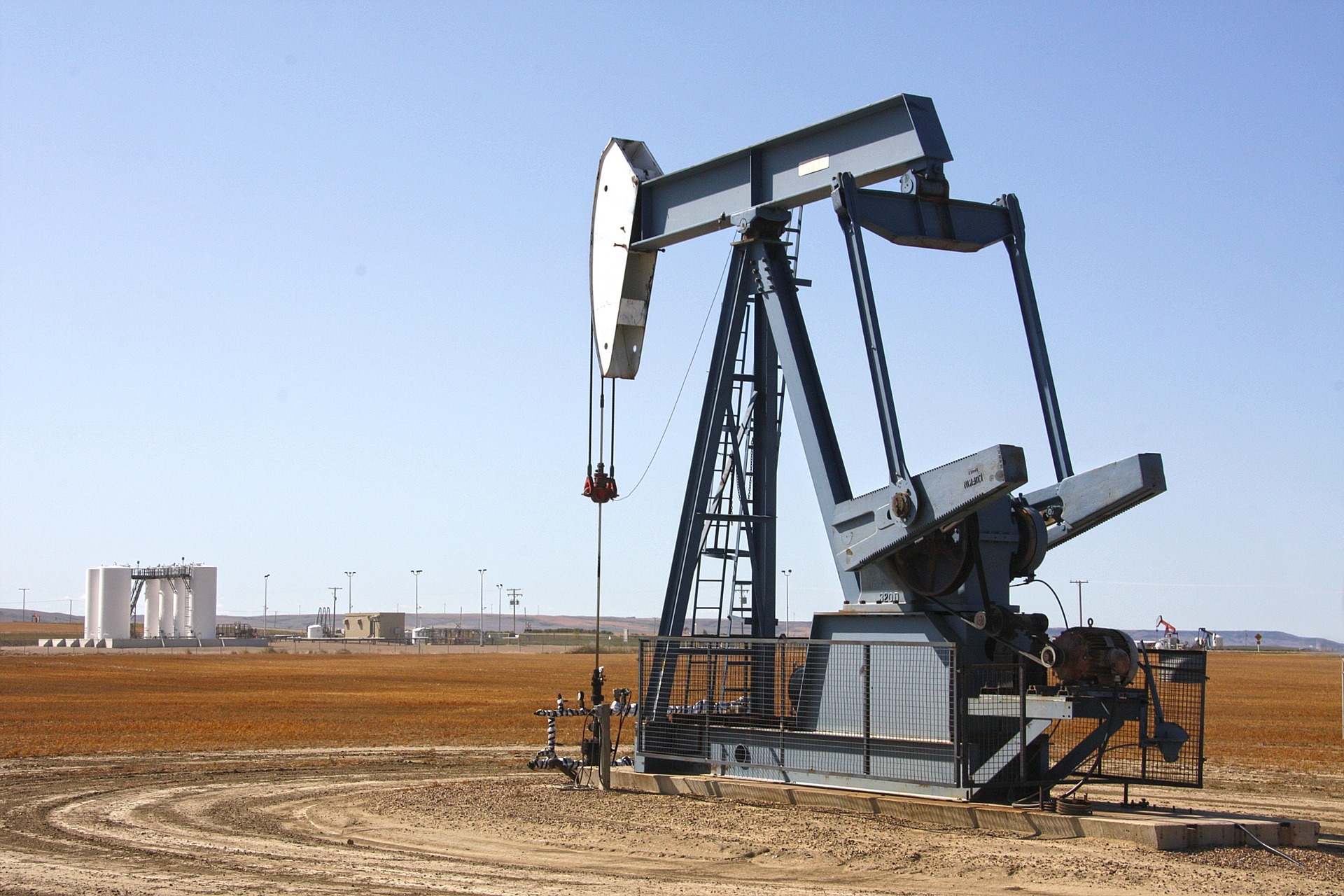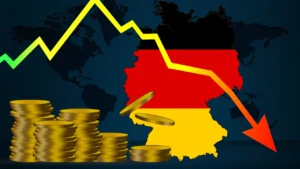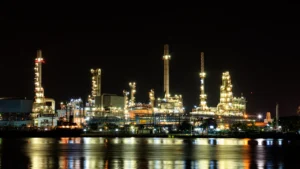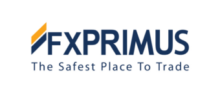
Oil Prices Rise as Saudi Arabia Announces Independent Production Cuts for July
Oil prices advanced as Saudi Arabia pledged to reduce its daily oil production by an additional 1 million barrels in July. This move aims to stabilize the oil market, leading to an initial surge in prices.
Why It Matters?
- Saudi Arabia commits to cutting oil production by 1 million barrels per day in July.
- Production cuts are crucial for stabilizing the oil market amid concerns about demand.
- Both West Texas Intermediate (WTI) and Brent crude oil prices increased after the announcement of production cuts.
- Oil prices have a significant impact on the global economy and inflation, making Saudi Arabia’s announcement important for investors and financial markets.
Production curs for July
Saudi Arabia has decided to lower its oil production by 1 million barrels per day for July, reaching the lowest production level in years. The objective is to stabilize the oil market, which experienced a decline due to concerns over demand, particularly in China. The initial market reaction was positive, with oil prices rising, although they later stabilized.
Expectations were that OPEC+ would maintain the existing production levels; however, Saudi Arabia surprised the markets by announcing further production cuts. This decision aims to establish a price floor for the oil market.
While implementing production cuts, Saudi Arabia may sacrifice some market share to maintain price stability. Other OPEC+ members have pledged to continue the existing production cuts until the end of 2024. However, Russia has not committed to further output reductions, and the United Arab Emirates secured a higher production quota for the upcoming year.
The OPEC+ agreement was reached after a dispute with African members regarding the measurement of their production cuts, which caused a delay in the meeting. It is possible that the additional production cut for July may be extended, although Saudi Arabia intends to keep the market uncertain about this decision.
The Saudi Energy Minister has repeatedly warned bearish investors in the futures markets to be cautious leading up to the meeting. Although Saudi Arabia ideally prefers oil prices above $80 per barrel (Brent benchmark), market volatility and uncertainties in the global economic outlook may pose challenges in sustaining higher prices.
Vandana Hari, founder of Vanda Insights in Singapore, emphasized that if the global economy falters, short-sellers will quickly resurface despite the current increase in prices.



























